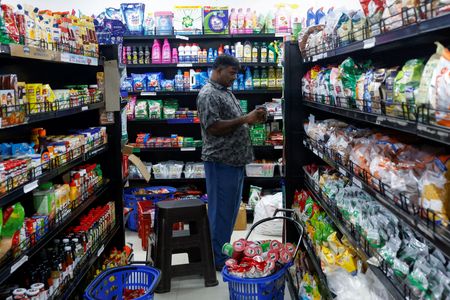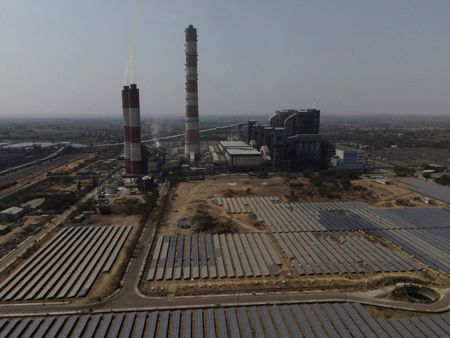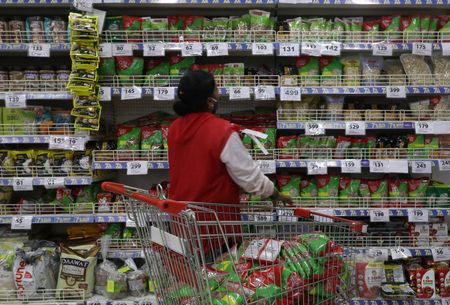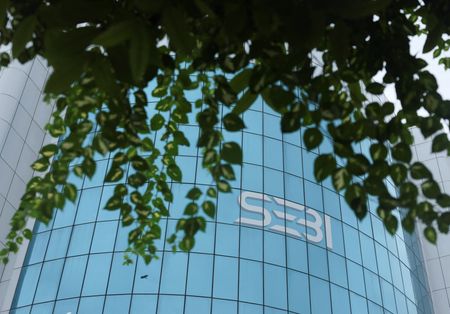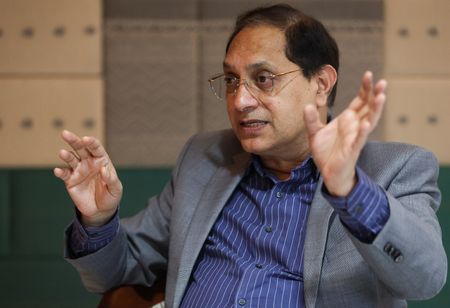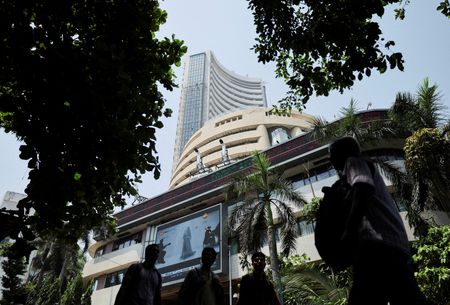By Nikunj Ohri
NEW DELHI (Reuters) -India’s retail inflation slumped to a record low of 0.25% in October, driven by a sharp fall in food prices and tax cuts on consumer goods and paving the way for a rate cut by the central bank in December.
Annual retail inflation was the lowest on record in the current data series, which began in 2015 and uses 2012 price levels as a reference point.
Inflation was below the Reserve Bank of India’s 2%-6% tolerance band for a second month in a row. The central bank is mandated to not let inflation overshoot its tolerance range for more than three quarters in a row.
The inflation print for September was revised to 1.44%. A Reuters poll had projected October inflation at 0.48%.
“We see FY26 CPI below 2% paving way for a December 2025 rate cut by the RBI and see another 25 basis points cut in February 2026,” said Garima Kapoor of Elara Securities.
The decline in headline inflation and food inflation during the month is mainly due to the full impact of consumer tax cuts, the government said in a statement.
India in late September slashed goods and services tax on hundreds of mass consumption items including dairy and personal care products to spur domestic demand amid trade-related uncertainties due to 50% punitive tariffs by the U.S.
Food prices fell a record 5.02% year-on-year in October against a revised fall of 2.33% in September. Vegetable prices declined 27.57% after a 21.38% fall in the prior month.
Core inflation, which excludes volatile items such as food and energy and is an indicator of demand in the economy, was at 4.4% in October compared with 4.5% in September, according to two economists.
The elevated core inflation was partly because of a rally in domestic gold prices, which rose nearly 5% in October.
“The continued surge in gold price inflation, which feeds into the miscellaneous goods and services category, appears to have more than offset the impact of the GST cuts,” Shivaan Tandon, Asia Economist at Capital Economics, said.
Cereal prices increased 0.92% in October, against a 2.1% rise in September, while prices of pulses dropped 16.2% after a decline of 15.3% in the previous month.
(Reporting by Nikunj Ohri in New Delhi, Nishit Navin in Bengaluru; Editing by Mrigank Dhaniwala)

